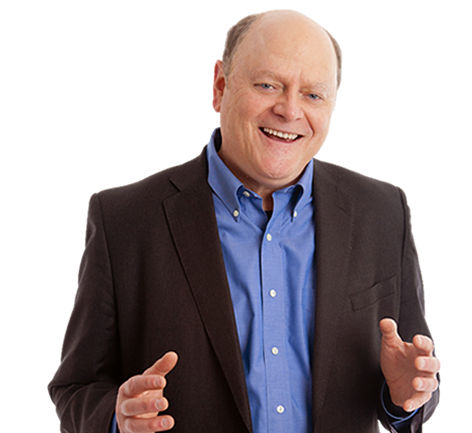It’s not something people talk about in the context of innovation. They talk about Leadership, Change, Management, and Teams — but they rarely talk about what’s behind all of those concepts, Power. I’ve been making a habit lately of talking about the unsaid in innovation, and power is a huge unsaid in innovation. I’m going to have to be a little bit snarky here. I’ll balance that by citing those gurus of innovation, The Rascals (who were in fact genuinely kind hearted guys who worked for civil rights). But first, my citation:
Power, wielded with a heavy hand, is the enemy of innovation.
Power, aligned with values people believe in, is the enabler of innovation.
The higher up an organizational ladder you climb the more power you have. As you reach the higher levels of the pyramid it can be a great deal of power. Power to hire, fire, spend, and direct activities. When we talk about innovation let’s acknowledge that power is present at every decision point. Every stage in the stage-gate has a power switch, just like a train track. Innovation can be shuttled off to a side railing, or, it can be allowed to move down the line towards the market. Someone with power is operating that switch.
But power can be an illusion. Many innovation efforts are trains that start on a track without a switch, a switch guided only by the culture it runs in. Power is best exercised by setting up nice big fat spaces where people can run their own trains. “See that train over there… that’s the train of freedom” (thank you Rascals).
I like to feel that I’m working with people. Titles are usually beside the point and reporting structures are necessary evils. Innovation often happens where power is benign. People create something because they’re allowed to, because they’ve been given a share of power. Power is nearly always unspoken when it works positively– but it’s there. Creativity happens in a light hearted place.
I’m writing about Power today because I’ve just heard that a beloved English teacher at my old high school has been let go. The man, Richard Hague, is an award winning poet, a fine and innovative teacher. He’s been at Purcell-Marian nearly 50 years. He’d planned on staying a few more but he’s being let go because he won’t sign a very manipulative contract. The contract, in my view, isn’t about the morals of teachers, which is what it is claiming to be about. No, it’s about power and its ugly sister, control. Someone at the top of the pyramid in this school system feels the need to exercise power and control, and they are doing so. They will regret it. They have already lowered the perceived value of that which they administer.
If there is one thing I can say with near surety about power it is this: Abuse of power is resented to the core of the victims or employees soul. If you want to kill an innovation culture, abuse the power you have over employees. Make them feel as if they must toe the line, make them ask before they try anything, make them feel fear. Especially have them worrying about their job, that’s the key. I guarantee you it will kill innovation and along with it morale, quality, and productivity. Eventually it will kill the organization itself.
My old school will suffer as good teachers will leave. Those with options will leave now. Those who are caught without a plan B will ride it out a year, then they’ll leave. They’ll leave because they are resisting power, resisting an authority they feel is abusing them. Nobody likes to work with a ring in their nose.
As the Young Rascals once said “People Got to Be Free.” That feeling of freedom is where innovation begins. “I’ll do unto you what you do to me.”
When I heard about the incident with my old teacher I mentally cancelled the check I write the school every year. Abuse of power affects the community that surrounds your organization doesn’t it? In this age of Open Innovation that wouldn’t work well would it? Customers don’t like it either.
In the world of innovation, in a very real sense, power is the enemy. Yes, of course someone needs to be in charge, someone needs to lead. Leadership can be defined as the judicious use of power.
Managers, leaders be careful with how you use the power you’ve been given. In innovation your culture is the foundation for all the good that can happen. If the foundation is weakened by fear or resentment of authority, you’ve lost.
Power. Listen to the Rascals please. And act accordingly!



